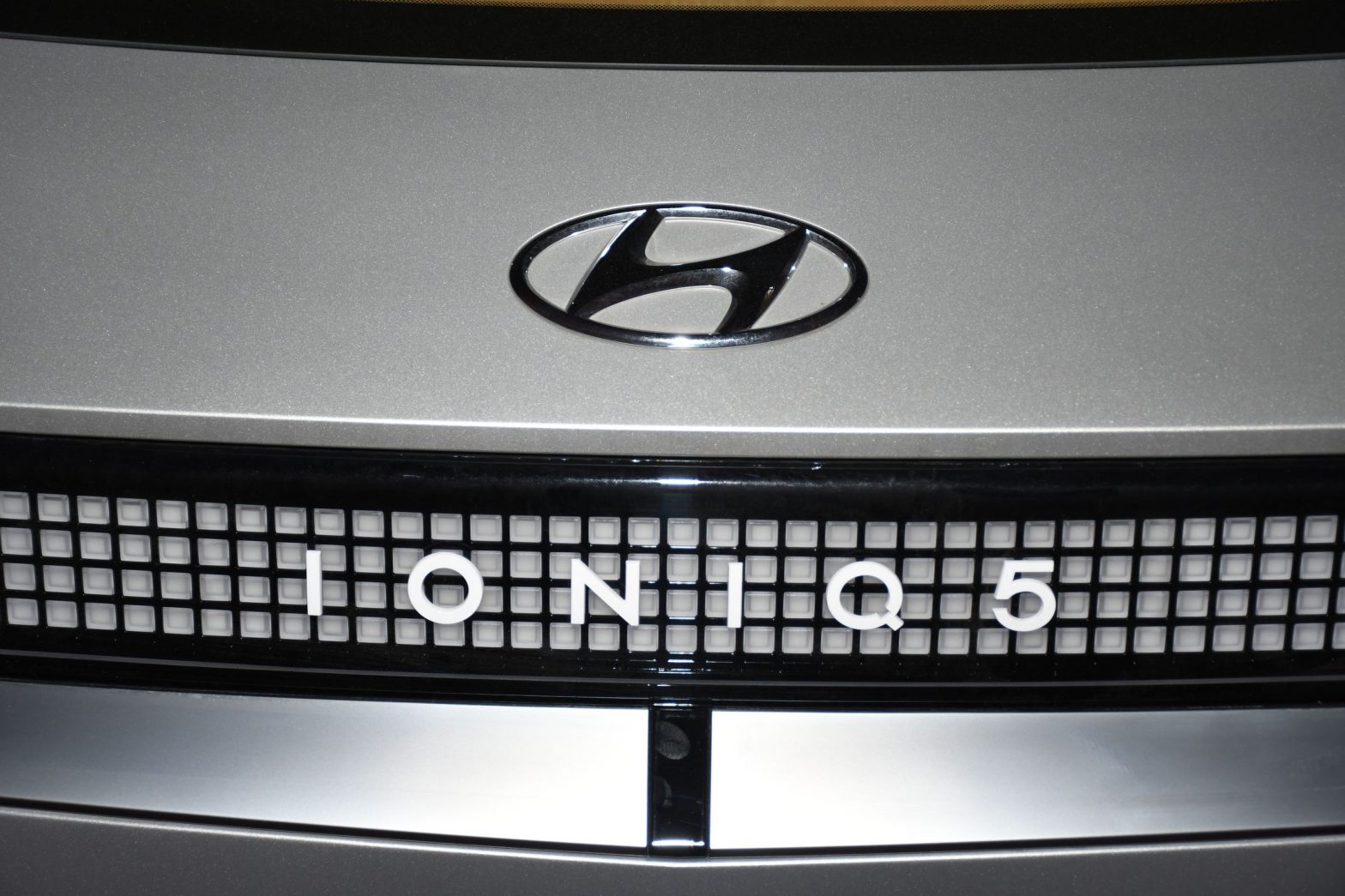/
The automaker is also making plans to build a software-defined vehicle with an app library and AI-enhanced features.
Share this story
:format(webp)/cdn.vox-cdn.com/uploads/chorus_asset/file/25211353/1865132356.jpg)
Hyundai is going all in on the most abundant element in the universe in the quest to reduce planet-heating emissions. The South Korean automaker announced that hydrogen will “play a prominent role” in the company’s efforts to go carbon neutral by 2050.
“Clean hydrogen should be for everyone, powering everything, and available everywhere,” Jay Chang, president and CEO of Hyundai Motor Company, said in a statement.
As the auto industry shifts to electric vehicles, a small but growing cohort of companies is also embracing hydrogen fuel cell technology as part of their plans to eliminate tailpipe emissions. Honda, Toyota, GM, and Hyundai have all detailed plans to manufacture fuel cell vehicles, both for individual and commercial uses.
Hyundai isn’t new to hydrogen. The company claims to be “at the forefront of the hydrogen momentum,” having mass-produced fuel cell electric vehicles for years. Hyundai says it now has “the world’s highest market share in hydrogen-powered vehicle sales.”
Hyundai says it will use hydrogen in the passenger cars, trucks, and buses it manufactures, as well as trams, special equipment, vessels, power generators, and advanced air mobility.
The company will spearhead this transition through HTWO, the group’s hydrogen fuel cell system brand, first launched in 2020. Through HTWO, Hyundai projects that it will offtake 3 million tons of hydrogen per year by 2035 for logistics, steel production, and power generation.
Hydrogen fuel cells use compressed hydrogen as their fuel, releasing water vapor as its only emission. One of the biggest challenges, though, is the dearth of hydrogen charging and refueling infrastructure, especially in North America.
Despite the technology having been in development for decades, there are only a little more than 50 fueling stations in California, mostly clustered around Los Angeles and the Bay Area. The East Coast is trying to get in on the action, with a handful of stations up and running and more in the works in New York, New Jersey, Massachusetts, Connecticut, and Rhode Island.
Hydrogen’s energy content by volume is low, which makes storing hydrogen a challenge because it requires high pressures, low temperatures, or chemical processes to be stored compactly. Overcoming this challenge is important for light-duty vehicles because they often have limited size and weight capacity for fuel storage.
Hyundai is also laying down stakes for its software development, announcing a “Software-Defined Everything” strategy “which aims to transform all moving devices, fleets and ecosystems into valuable assets through advanced software and AI.”
Other automakers are also developing software-defined vehicles as they rush to compete with Tesla, which has come to define what customers expect from their vehicle’s software. The idea is that a vehicle is sold with a base level of hardware and that its features are largely dictated by its software, which can be updated and improved with over-the-air updates.
Hyundai is the latest to embrace this move. The company said it is transitioning “everything into a software-defined approach, from vehicle development to building the entire mobility ecosystem.” This involves new approaches to infotainment to include an app library and the development of software development kits (SDKs) for developers to create “killer apps.”
And of course, this will also include artificial intelligence. Hyundai says it will integrate a large language model into its in-car voice assistant to enable more naturalistic interactions between car and driver. The company recently took a $100 million stake in AI chip manufacturer Tenstorrent to underscore this commitment.
